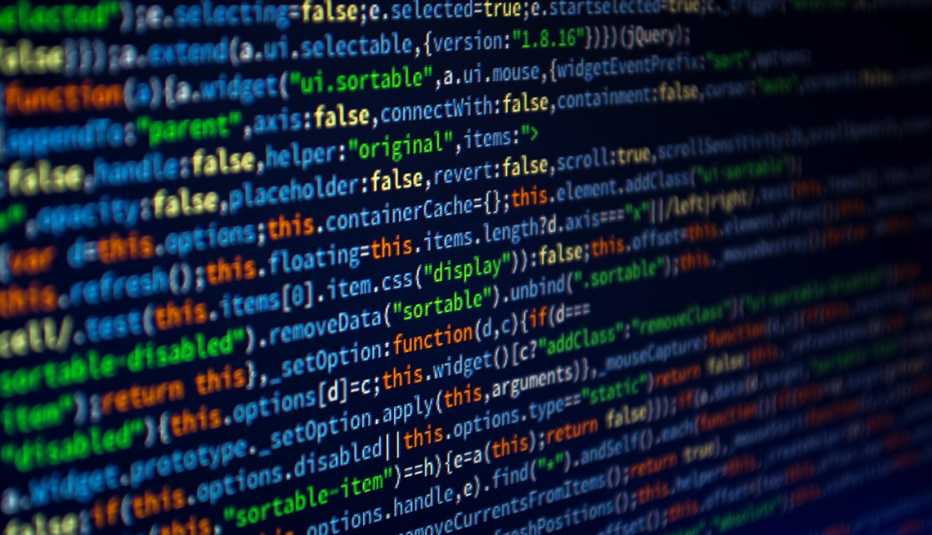AARP Hearing Center
With so many big changes happening in the workplace since the COVID-19 pandemic started, small steps are sometimes the best way to handle stress and avoid professional and personal burnout.
“Microsteps” are one of the well-being and productivity strategies supported by Thrive Global, a behavior-change technology company that has worked with more than 100 employers worldwide. Arianna Huffington, founder of the Huffington Post news site (now HuffPost), started Thrive Global in 2016 based on her personal journey of learning how to manage stress. In addition to its consulting work and online community, Thrive offers an app that suggests small science-based steps that workers can take throughout the day — such as reminders to turn on their cellphone’s do-not-disturb mode at night and to write a daily list of three things to do — that can improve their health and productivity.
“What we are doing is really using the latest science around health, well-being and adopting healthy habits to dramatically change outcomes in people's lives," Huffington explains. "And we see [those results] not just with people who are privileged to be able to work from home during the pandemic but with frontline workers of any age.”
In a conversation with AARP, Huffington offered advice on how workers can manage the stress and other challenges that the pandemic has created in their professional and personal lives. Here are edited excerpts of that discussion.
AARP: Among the companies you work with through Thrive Global, what trends have you seen develop over the past 18 months? How do you think the pandemic has changed both the ways that we work as individuals and what employers expect from their employees?
Huffington: The pandemic has affected tremendously many working women, especially with children. As we know, 2.3 million have left the workplace. The pandemic has had a terrible toll on caregivers. But at the same time, the positive work trend we're seeing with all the companies we're working with is the fact that the questions of well-being and self-care and stress reduction have now become central. They are no longer just warm and fuzzy H.R. benefits. And that's a huge shift, with tremendous consequences, as companies are prioritizing the resilience of their employees.
The other thing that we have seen is more workers trying to bring the stress reduction into the daily workflow, so it's not just like you're going to have a well-being day or a well-being vacation. You can actually bring it in the small breaks that [fit] into your workflow so that it can really affect the stress that otherwise would be built during the day.





























































